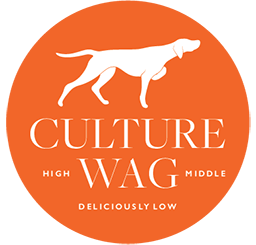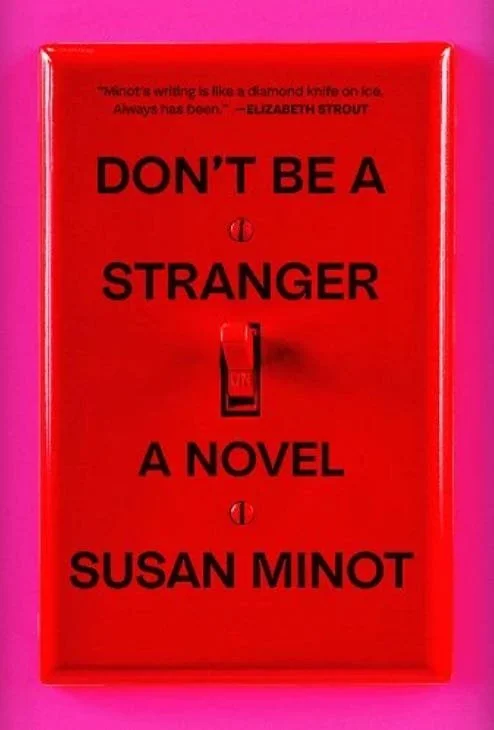Say Hello to My Big Memoir!
Dear Wags,
I haven’t had it for a while—the feeling of sinking into a book as if into a plush feather bed. But last week, I started a novel I love so much that I’m stretching it out. I treat myself to small portions, hoping the story will never end.
Is that sensation vanishing? The Atlantic published a story about elite college students who can’t manage to read much. My friend Greg Wrenn, a professor at James Madison University, has a powerful essay on the topic: “In my environmental literature classes, I’ve seen firsthand the long-term effects of digital cocaine like TikTok on my undergrads,” he wrote. “They’re literate, of course, but unable to sit long enough to read a chapter from Henry David Thoreau’s Walden or an essay about an Australian ecofeminist nearly mauled to death by a crocodile. A few have confided they’ve never read a book cover to cover in their lives.”
Wrenn thinks social media addiction has unmoored young people from literature and the natural world. Not to be a generational scold, but in the creative writing classes I teach at American University, students struggle to keep one or two short stories a week. If I assigned an entire novel over the same period, they’d be undone.
Reading great books isn’t about scoring points at a cocktail party. They’re the storehouses of civilization. If the best and brightest are no longer up to that challenge, think about what else may be beyond them. As Wrenn puts it, the global attention crisis is a threat “to our collective brain. The basic sanity that allows society to go on.”
When I ask students what they’re reading outside of class, they invariably tell me they have no time. But if I challenge them to recall books they love, their faces light up. They rattle off a diversity of titles—science fiction, mysteries, romances, big bestsellers, and even obscure works in translation. They cherish those old stories, but what I think they long for are connections that are more than screen-deep.
Yours ever,
BKP
Blood Test by Charles Baxter
When Ohio insurance salesman Brock Hobson goes to the doctor for a pain in his side, the physician offers him a new blood test. The results predict a subject’s future behavior, based on their genome. Faster than you can say Breaking Bad, he learns he’s destined for a crime spree. He takes this as a license to go after his ex-wife’s new man, whom he calls “Mr. Asshole.” Baxter, a genius of the short story, has crafted a propulsive novel with a vulnerable and sanctimonious antihero at his core. The chilling part is that when it comes to all-American rage, Brock is hardly alone.
Sonny Boy by Al Pacino
Don’t come to Sonny Boy for Michael Corleone or Tony Montana. Come for Alfredo James Pacino, an American original who made those movie roles indelible. Separating the man from his impressive IMDB page can be tough, but Pacino and collaborator Dave Itzkoff pull it off. This is a biography of a fascinating and flawed guy (naturally, it’s packed with rambling but riveting monologues). Deeply ambivalent about stardom, the actor owns his faults in relationships and parenthood—the youngest of Pacino’s four kids, born last year, made him a new dad at 83. However the last act plays out, he’s a showstopper.
Mama by Nikkya Hargrove
Right out of college, Hargrove (Good Mom on Paper), adopted her infant brother Jonathan after their troubled mother died. Along the way, she married a Sri Lankan woman, Dinushka, and the whole crew moved to Connecticut. Navigating life as a nontraditional family and seeing Jonathan through troubles at school proved to be a rollercoaster. Hargrove is humble and honest about her missteps in this touching and relatable account of family love.
Don’t Be a Stranger by Susan Minot






